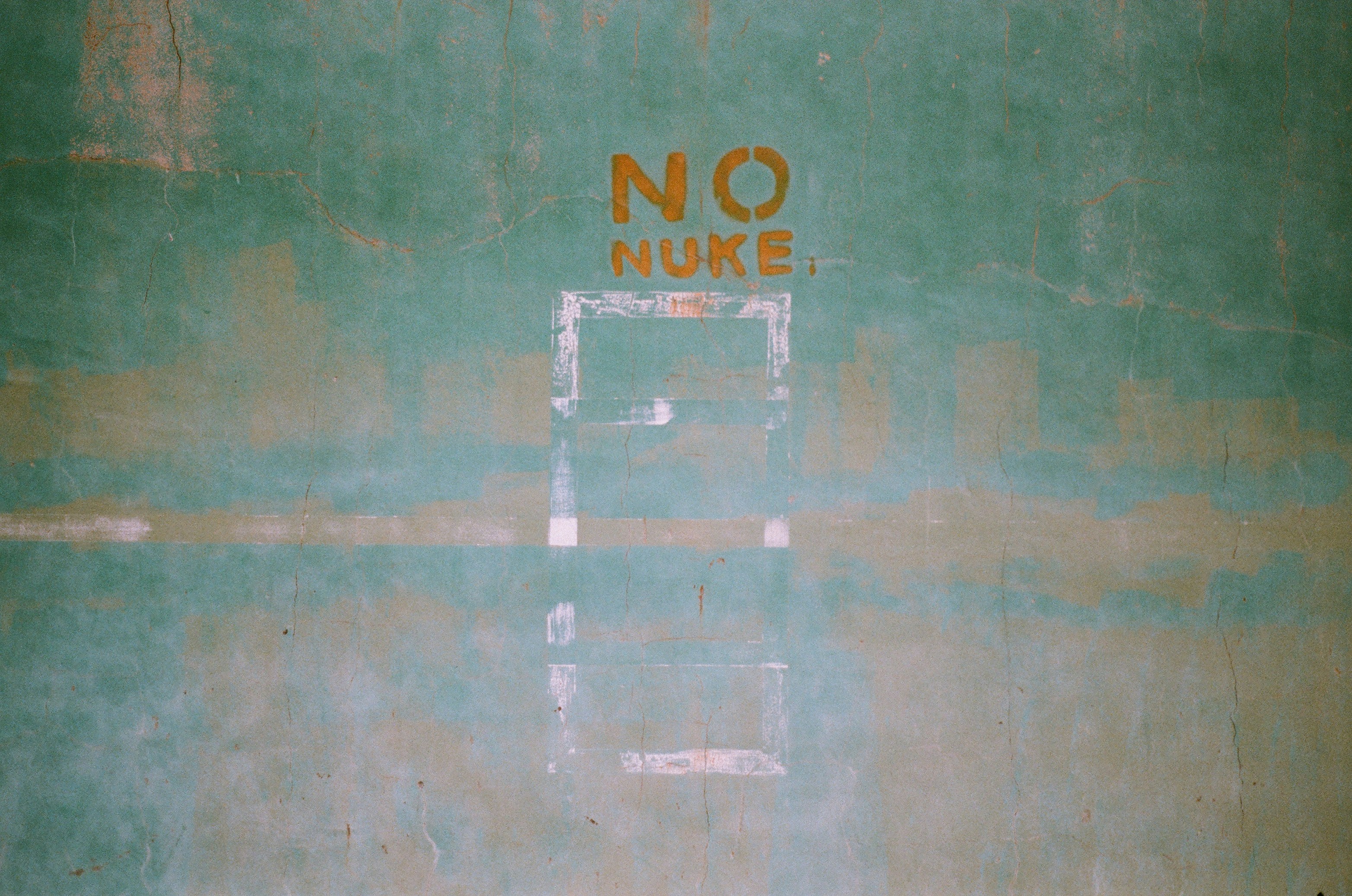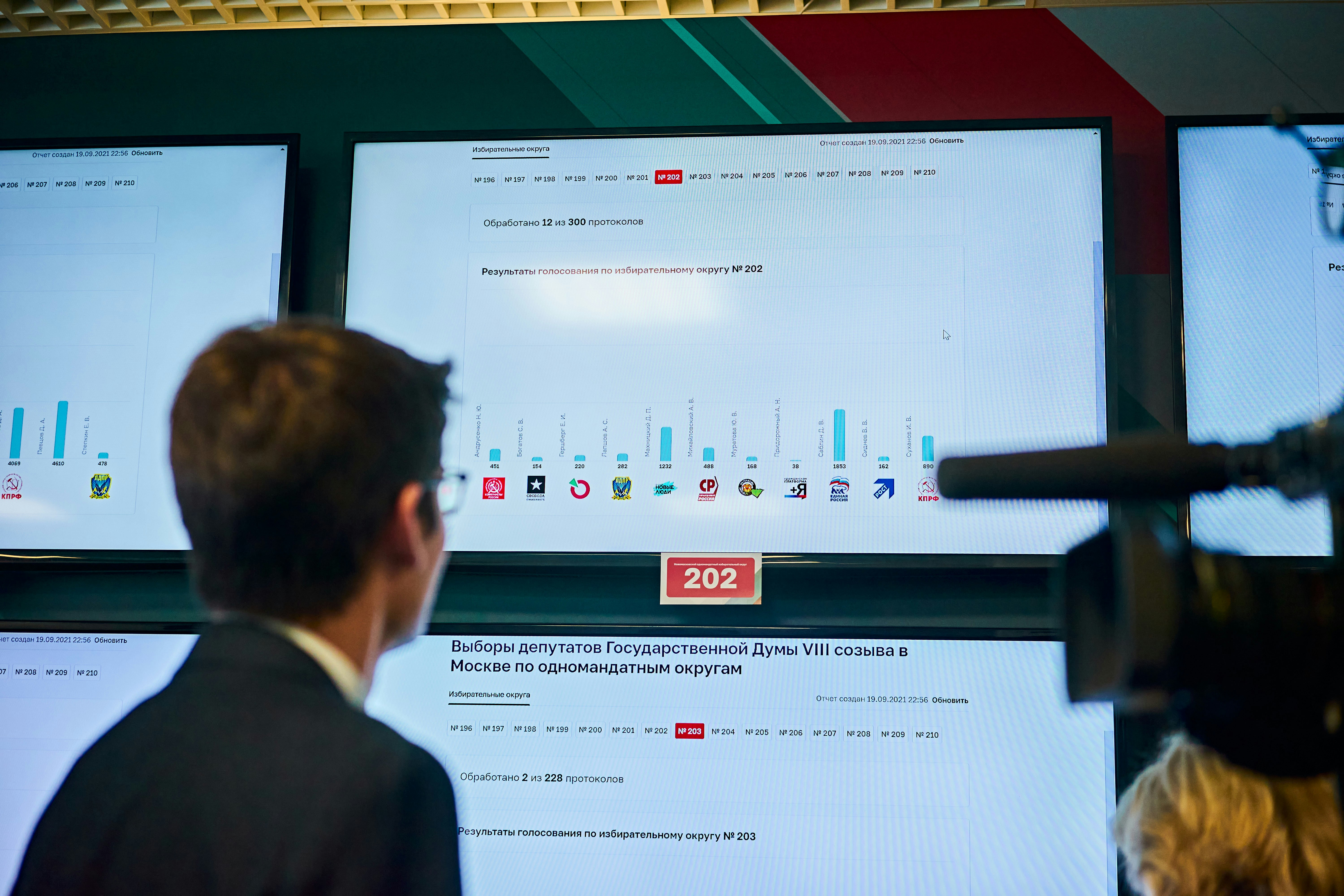Introduction: A Matter of Global Security
Israeli Prime Minister Benjamin Netanyahu has made it crystal clear: Israel will not entertain the idea of Iran acquiring nuclear weapons. But what are the consequences of this bold stance, not just for the Middle East but for the world at large? In this post, we will explore this pivotal situation and its implications.
Israel’s Position: A High-Stakes Game
Netanyahu’s insistence signifies more than just a national policy; it’s a commitment to national security deeply embedded in Israel’s history. With Iran continuing to advance its nuclear capabilities, Israel perceives a direct threat, compelling the nation to adopt a fierce approach. This unwavering stance can provoke either peace through deterrence or escalate tensions, leading to potential military interventions.
The Ripple Effects: Consequences Beyond Borders
The global ramifications of Israel’s position on Iran are profound. Western allies, particularly the United States, must navigate a delicate balance between supporting Israel and managing relations with Iran. Should diplomatic negotiations falter, a military conflict might ensue, signaling dangerous consequences for global stability. Additionally, the rise of nuclear proliferation fears could ignite arms races in neighboring countries, potentially destabilizing the entire region.
In conclusion, Netanyahu’s resolute declaration is much more than Israel’s battle cry—it’s a complex chess game with the potential for significant global consequences. The stakes are high, and it remains to be seen how the international community will react as these tense dynamics unfold.


